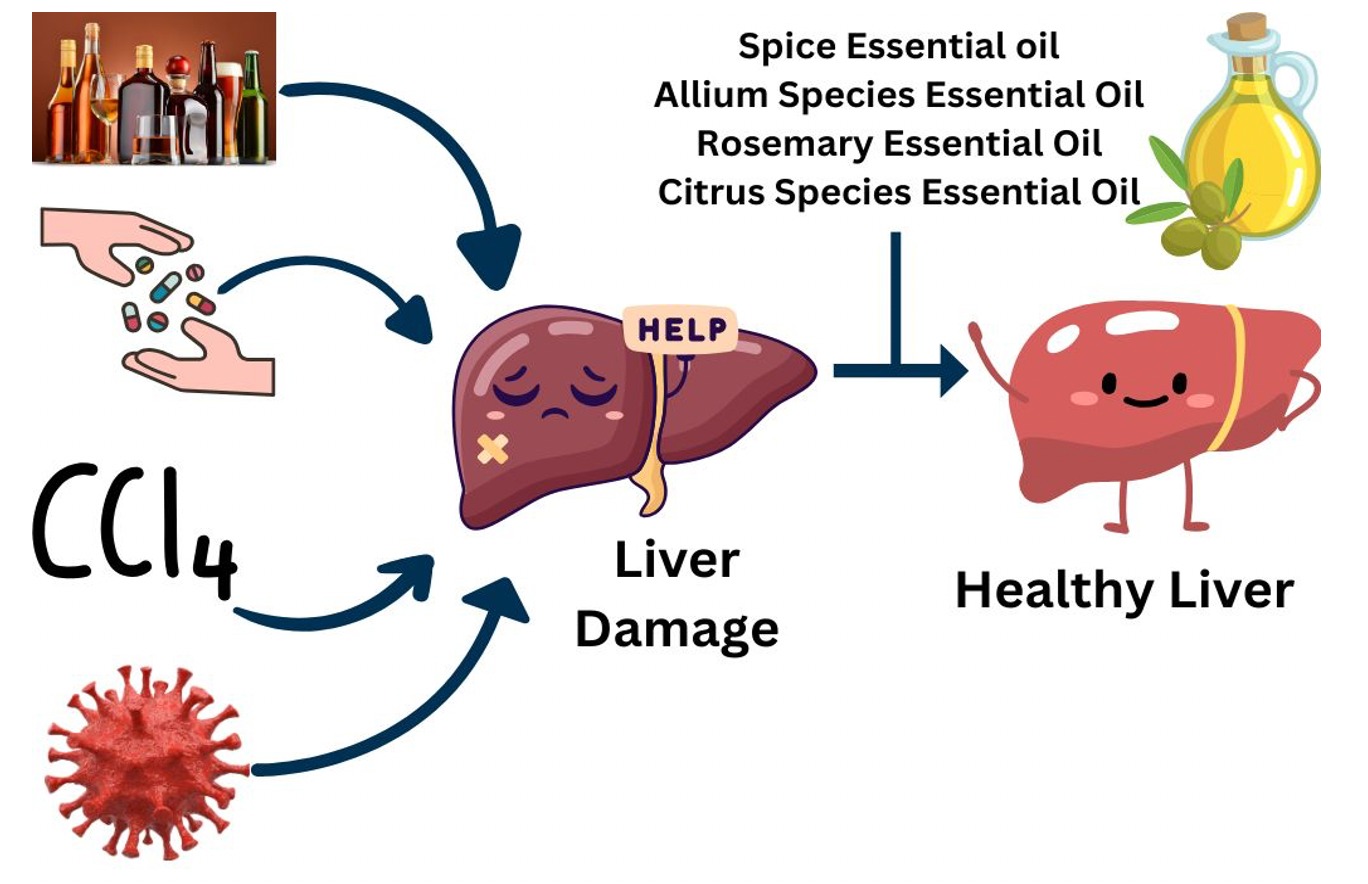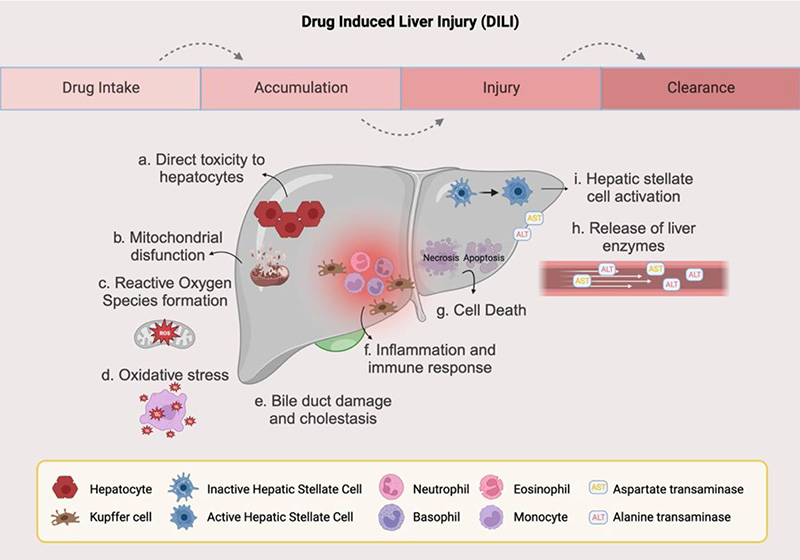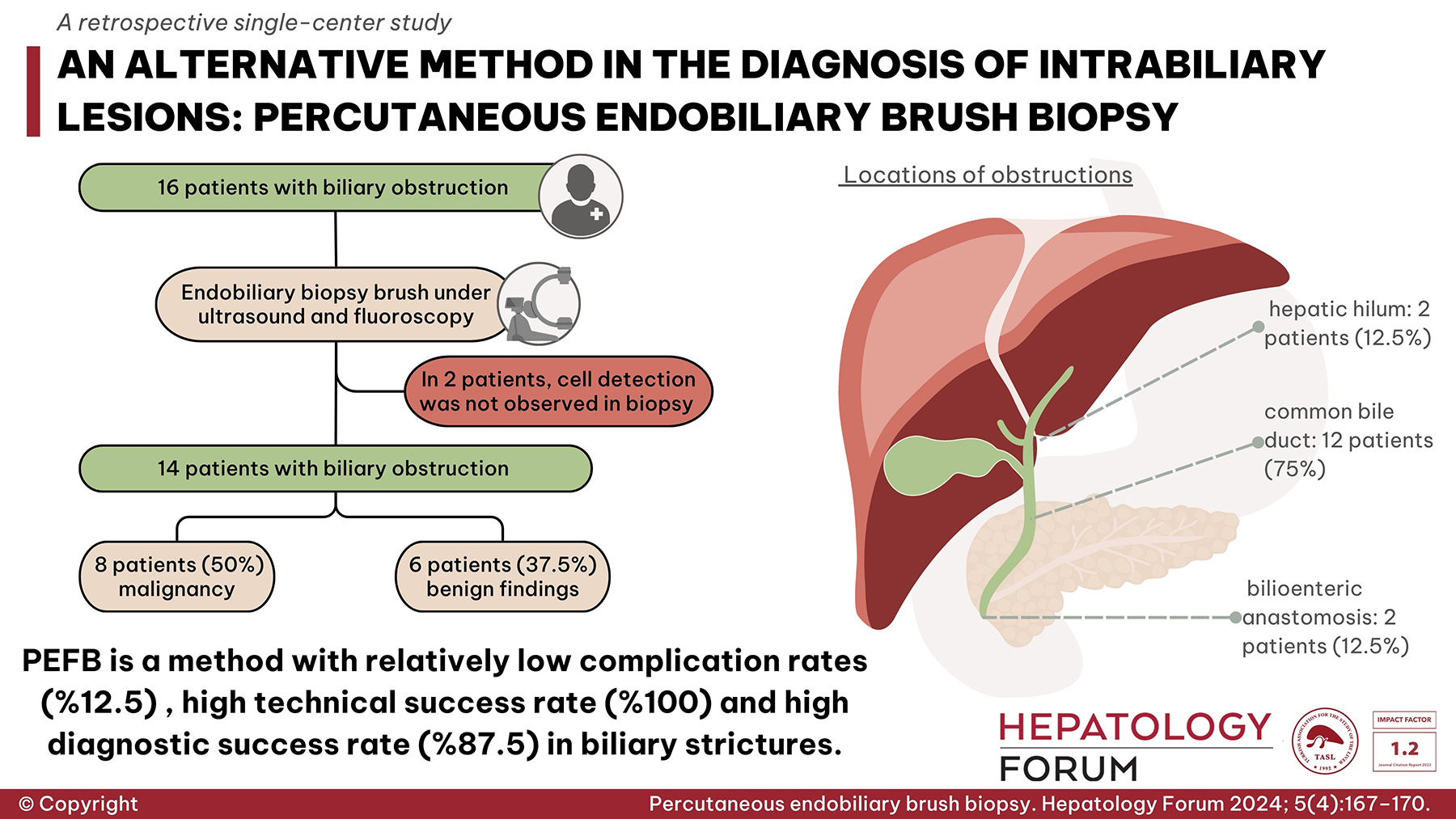Abstract
Occult B Hepatitis Infection (OBI) is a condition in which HBsAg tests are negative, but Hepatitis B virus (HBV) DNA is detectable in the liver, with or without low levels of HBV DNA in the blood (<200 IU/mL). The Hepatitis B surface antigen (HBsAg) negative status in OBI may result from the absence or low production of HBsAg due to immune system defense mechanisms or mutations in the S genome of HBV DNA, which make HBsAg undetectable. The gold standard for diagnosing OBI is testing for HBV DNA from liver tissue, with an alternative method being HBV DNA testing from serum. Patients with OBI may be at risk of transmitting HBV to others through blood transfusions or organ transplants. Reactivation may occur, especially in OBI patients who are immunocompromised or undergoing immunosuppressive therapy. Antiviral prophylaxis may be considered for OBI patients at risk of reactivation. Additionally, OBI patients also carry a risk of developing hepatocellular carcinoma (HCC), similar to those with non-occult hepatitis B infection. Antiviral therapy for OBI is generally not required unless the case represents false OBI due to HBsAg mutation.





 Mikha Eliana Wati1
Mikha Eliana Wati1 









